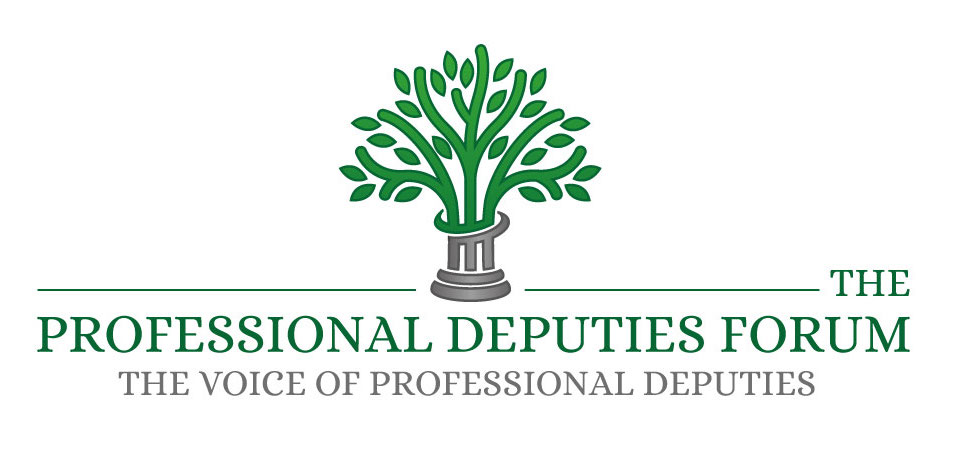Each of the principal political parties that have so far published their manifest has devoted time and thought to the highly sensitive public policy issues of consumer over-indebtedness and mental health. Mental health is finally getting the political attention it has lacked for decades. The broad range of commitments and issues addressed by the main parties reflects how mental health affects so many areas of life. After 8 June, it will be up to the next government to work in all of these areas and deliver actual change for people living with mental illness.
For their part, the conservatives have said that they would if elected, wish to: adopt a “Breathing Space” scheme, with the right safeguards to prevent abuse, so that someone in serious problem debt may apply for legal protection from further interest, charges and enforcement action for a period of up to six weeks. Where appropriate, they will be offered a statutory repayment plan to help them pay back their debts in a manageable way. This will give eligible debtors time to seek advice and assistance to apply for a sustainable solution to their debt.
The Labour party has indicated that it would “introduce a version of Scotland’s Debt Arrangement Scheme (DAS) to give breathing space to households struggling with high debts.”
The Liberal Democrats have noted that eight million Britons are experiencing debt problems and stated that they would “take forward the recommendations of the House of Lords Select Committee on Financial Exclusion” which had earlier this year proposed the government should seek proactively to protect people with mental health problems from financial harm by allowing them to opt into a series of controls on how they managed their financial affairs.
Whilst all very encouraging the main focus of all the parties’ manifestos is at the downstream effects of over indebtedness. The beauty of the VRS’s rationale and platform is that its venue would address many of the upstream problems faced by overindebted Britons – in other words, at a point well before they could get themselves into acute personal difficulty. Such early intervention would, therefore, be likely not only to reduce the scope of personal duress and hardship, but also reduce the potential exposure of the taxpayer by addressing problems well before they had already occurred – and the taxpayer was on the hook.
The VRS has strategically developed a range of strategic relationships with a broad cross sector of industry, among others, charities, debt advisors, relevant trade associations, credit reference agencies, lenders, specialist Insurance Initiatives and consumers alike. Additionally, VRS has begun to develop a promising dialogue with a range of relevant regulators including OFCOM, OFGEM and OFWAT. Work with these stakeholders and actual and prospective site users is now well under way and starting to generate useful and usable outputs and outcomes. A range of case studies now been added and the website is now well populated and ready to deal with the site traffic that it was built to manage.
The VRS believes a better life is possible for the millions of people affected by mental Illness and problem debt. Time for talking is over and action is needed and needed now.













Comment(1)-

Nigel Bryant says
09/07/2018 at 11:24 amAgree that more should be done to protect people from Gambling